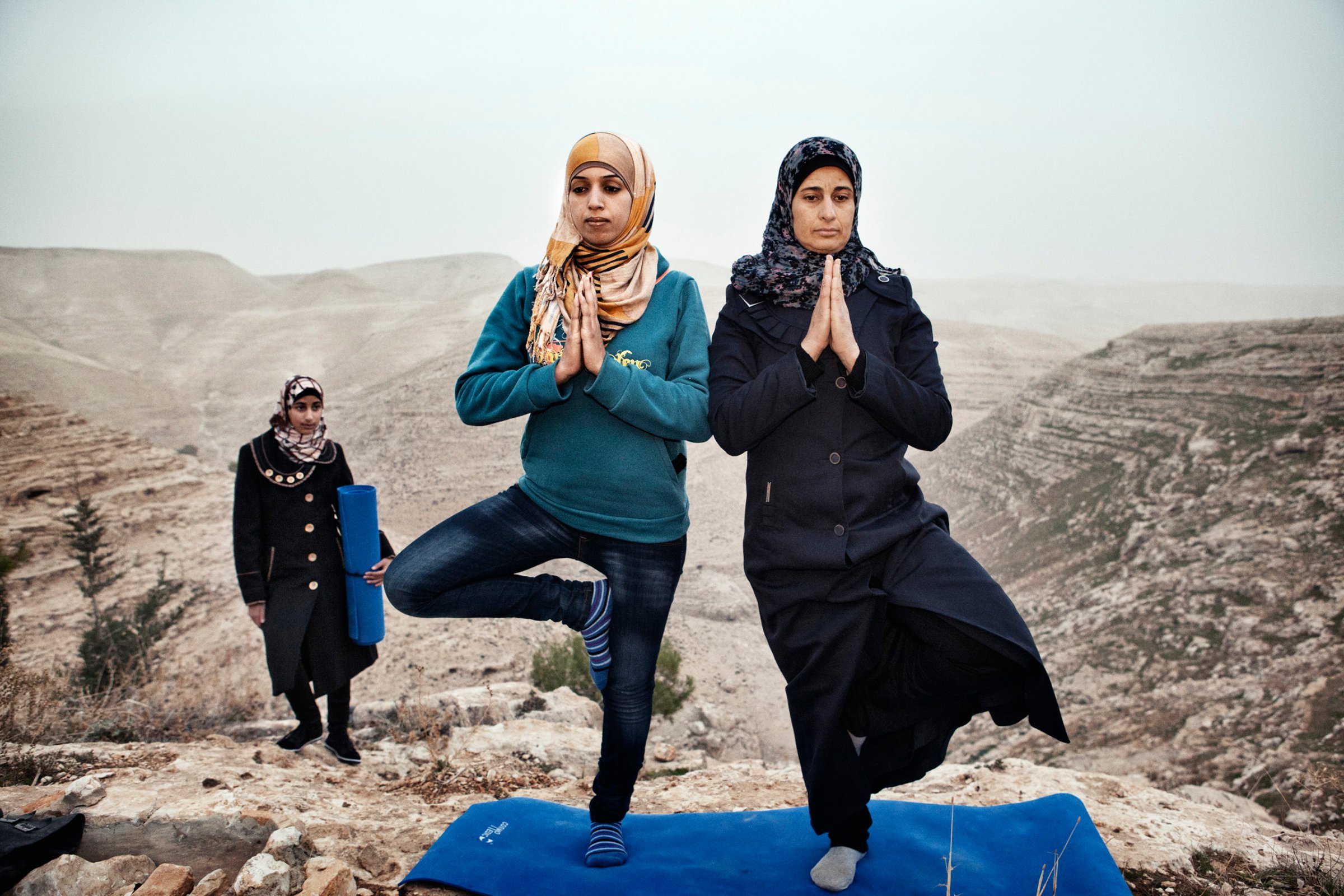
It was just like a Bollywood movie, the man said. He, a Palestinian groom, was smuggling his bride from Jordan into Gaza. The whole wedding party was with them, underground in the tunnels. And she was standing there, trembling, in her white dress and under erratic lights, dust falling into her hair, when he ran to her and kissed her.
The Texan and Jordanian photographer Tanya Habjouqa was listening to this coffee-fueled romantic raving when suddenly, its narrator paused. “You know,” said the man, “no matter what this occupation does to us, we will always find a way to live, love, even laugh. We will always find a way to keep our dignity and more than survive.”
Something in that instant, recalls Habjouqa, struck her deeply and stayed with her, even a year later. It was 2011, and she was expecting her own Palestinian child. She had worked as a photojournalist across the Middle East, dipping in and out of the Israeli-Palestinian conflict, before formally relocating to East Jerusalem and marrying a Palestinian man.
As she grappled with her own lived reality, still brooding over his words, she couldn’t help but see her new home differently. “It would be during a lot of these sort of black, operatic, Kafkaesque moments waiting at checkpoints that I would see really funny scenes around me, of how people were letting the stress out,” she tells TIME.
And then, in a eureka moment, Habjouqa had a title—Occupied Pleasures—that straddled passive and active meanings: to be occupied under Israel, and to occupy oneself, joyfully and defiantly, in pastime and simple pleasures. From there, she says, the rest of the photo project fell into place.
Now, Occupied Pleasures is making its debut in book form, swirling poetry, proverbs, essays, and new images into the original 2014 World Press Photo Award-winning photo series. With support from the Magnum Foundation Emergency Fund, FotoEvidence, and a Kickstarter campaign, Habjouqa presents a nuanced, multi-dimensional portrayal of humanity’s ability to find pleasure—in itself a form of resistance—in the face of trying circumstances, rather than in their absence.
The printed work features photographs made between 2009 and 2015 of daily life in the West Bank, Gaza, and East Jerusalem. They are sprinkled with little delights and sorrows: “Tomorrow there will be apricots,” an Arabic proverb promises (but meaning “never” or “in your dreams”); “I’m writing to you from a far-off country, a place where letters never arrive, a place where all the mailmen have died,” reads another piece, by poet Sousan Hammad.
With words adding rhythm and mood, Habjouqa’s images perform complex, yet subtle dances. Each scene unfolds in the context of the Israeli occupation, and so is tinged with its bitter implications. But it is only before this backdrop that the curious light of these moments is visible. These are pictures of small freedoms, majestic in their humor, casual in their rebellion and significant in their sum.
Women, unintimidated by settlers’ attempts to thwart their meetings, fold into yoga poses before desiccated olive groves on the outskirts of Bethlehem, dubbing their practice “inner resistance”. A university student in the West Bank hurls a javelin at the sky at the last team practice of the summer, her spear piercing the harsh line of the separation wall behind her. An infant, conceived with sperm smuggled out of an Israeli prison, appears as a quiet bundle in Habjouqa’s photo, though one can all but hear the ecstatic moment he entered the world, howling the defiance of his very existence.
Habjouqa hopes that Palestinians tired of seeing the usual tropes of the conflict will recognize themselves in her work, and especially that the book will resonate between Western, local, and regional perspectives. “I hope that people who think they already have a very politicized opinion would stop and consider something different,” she adds. “Or even people who aren’t interested at all, and aren’t from the peanut gallery on Israel and Palestine. I’m just hoping that this book can be an avenue towards curiosity, to consider a conversation.”
Occupied Pleasures is available for preorder via FotoEvidence.
Tanya Habjouqa is a photographer with Panos, based in East Jerusalem.
Jen Tse is a photo editor and contributor to TIME LightBox. Follow her on Twitter @jentse and Instagram.
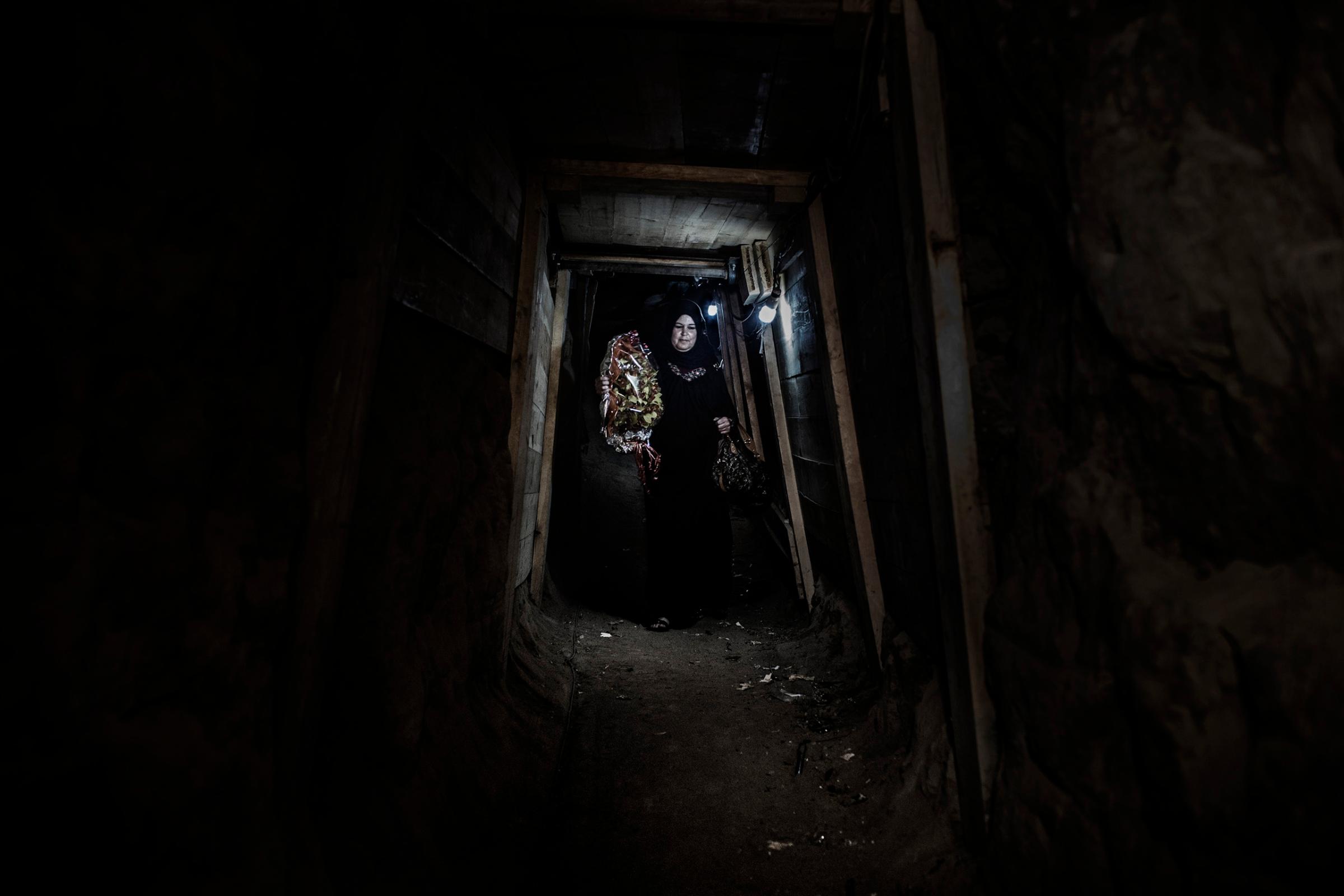
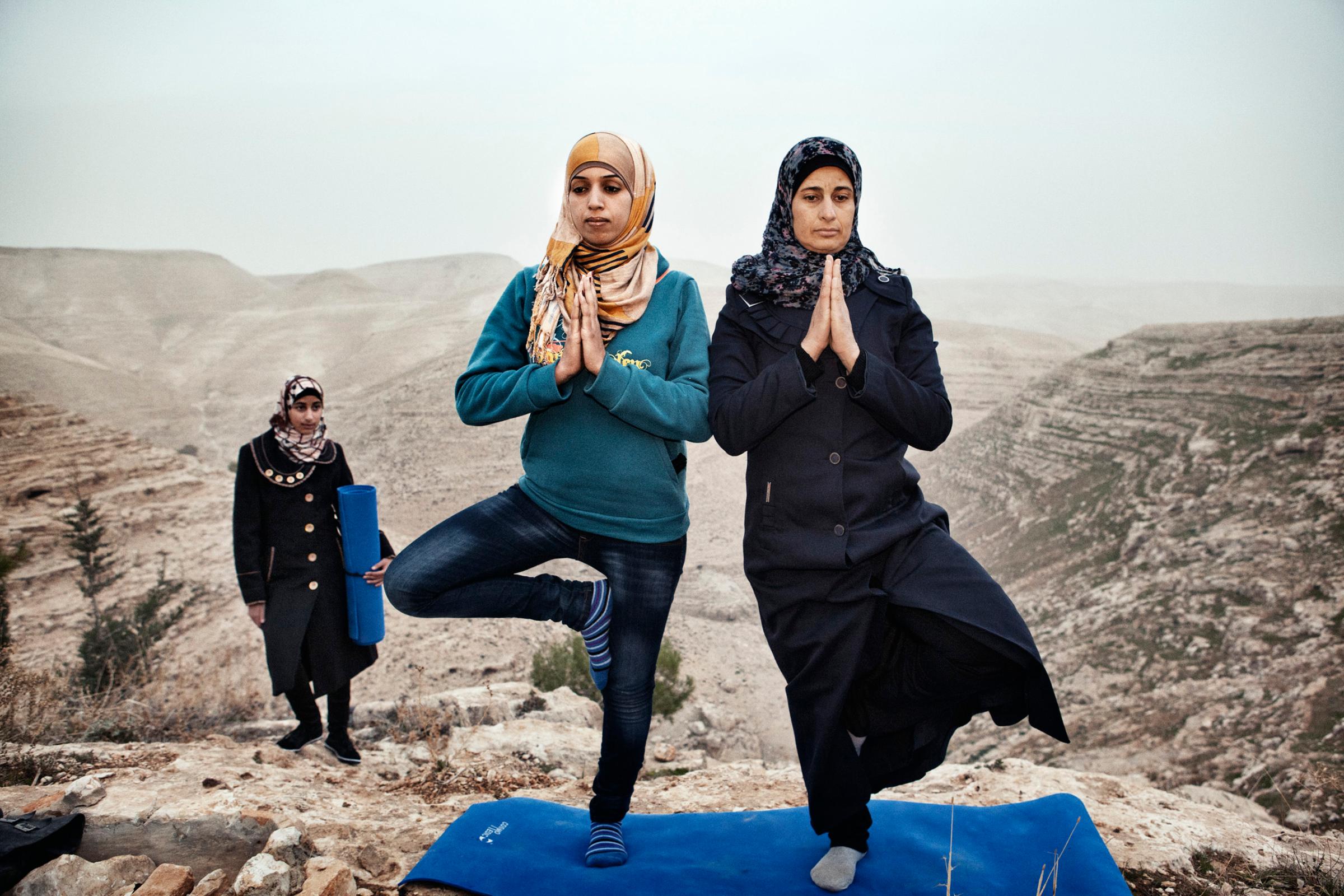
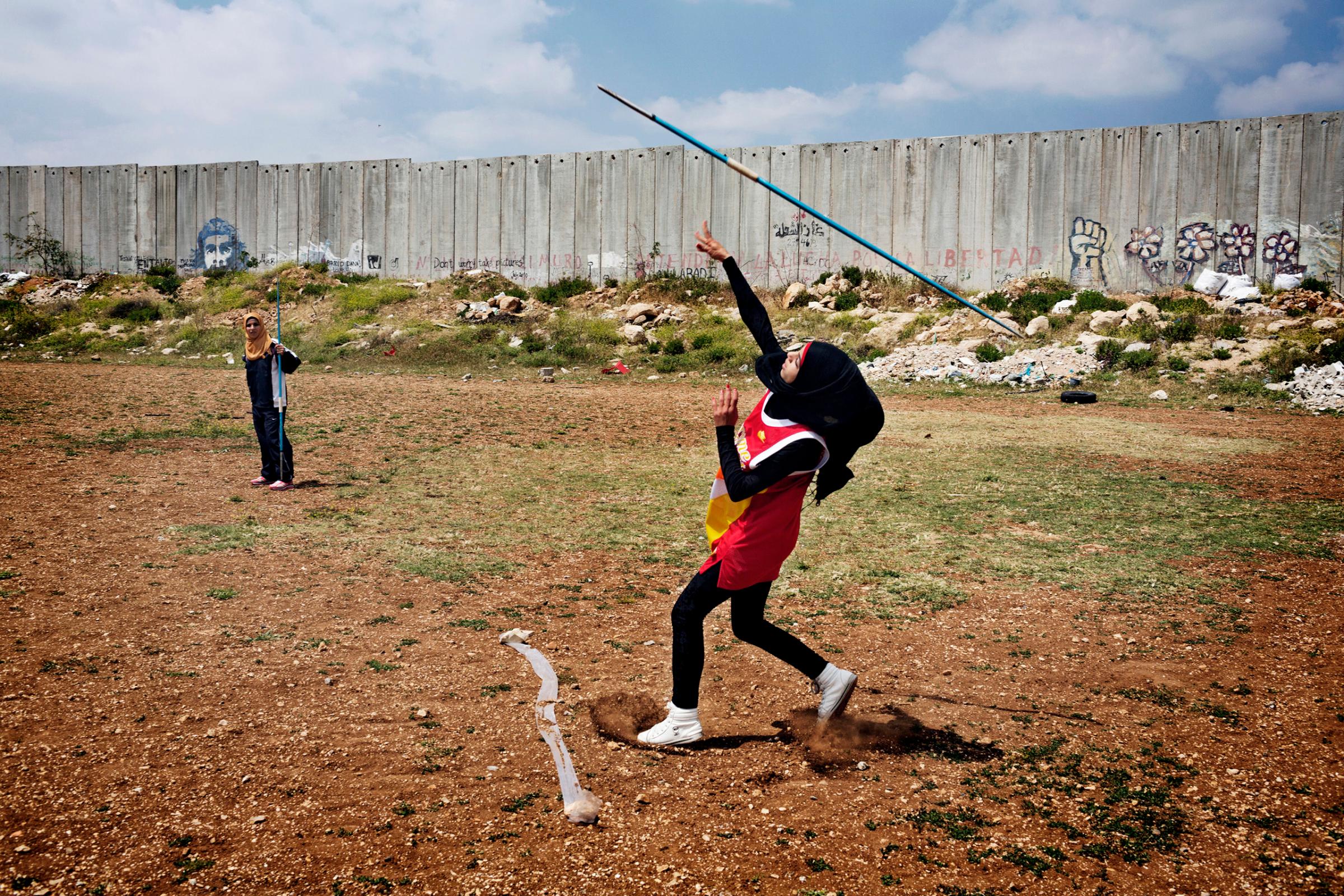
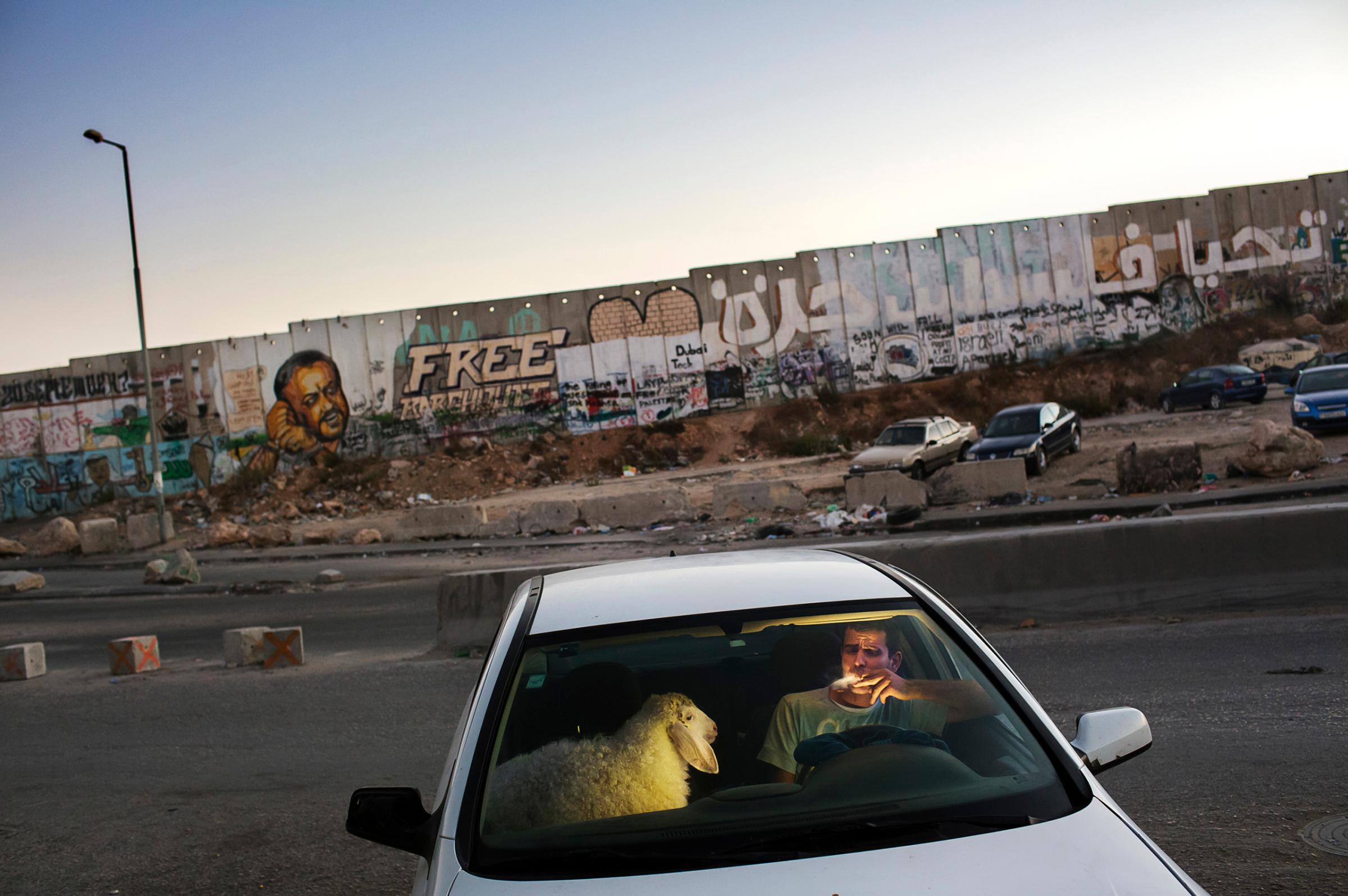
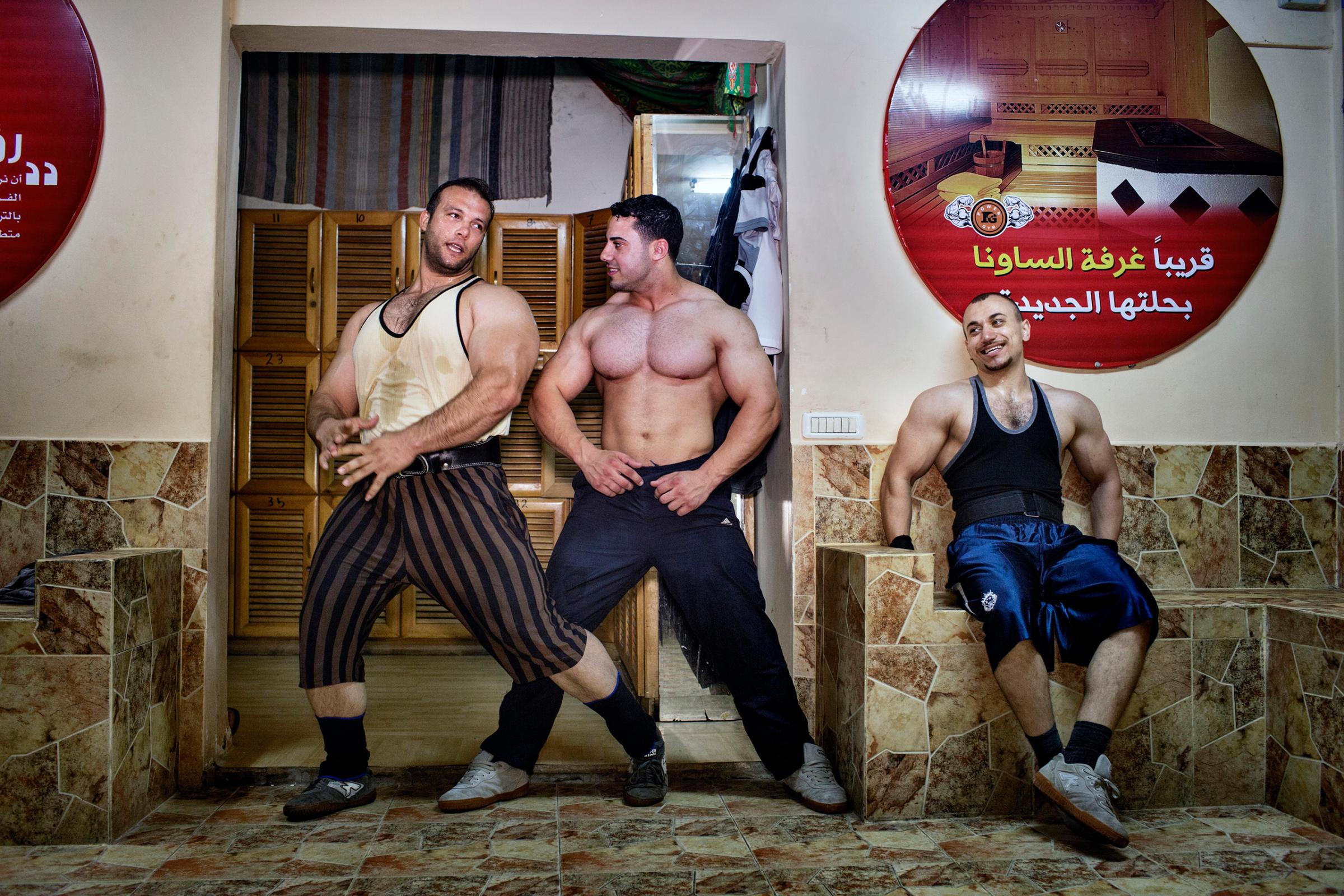
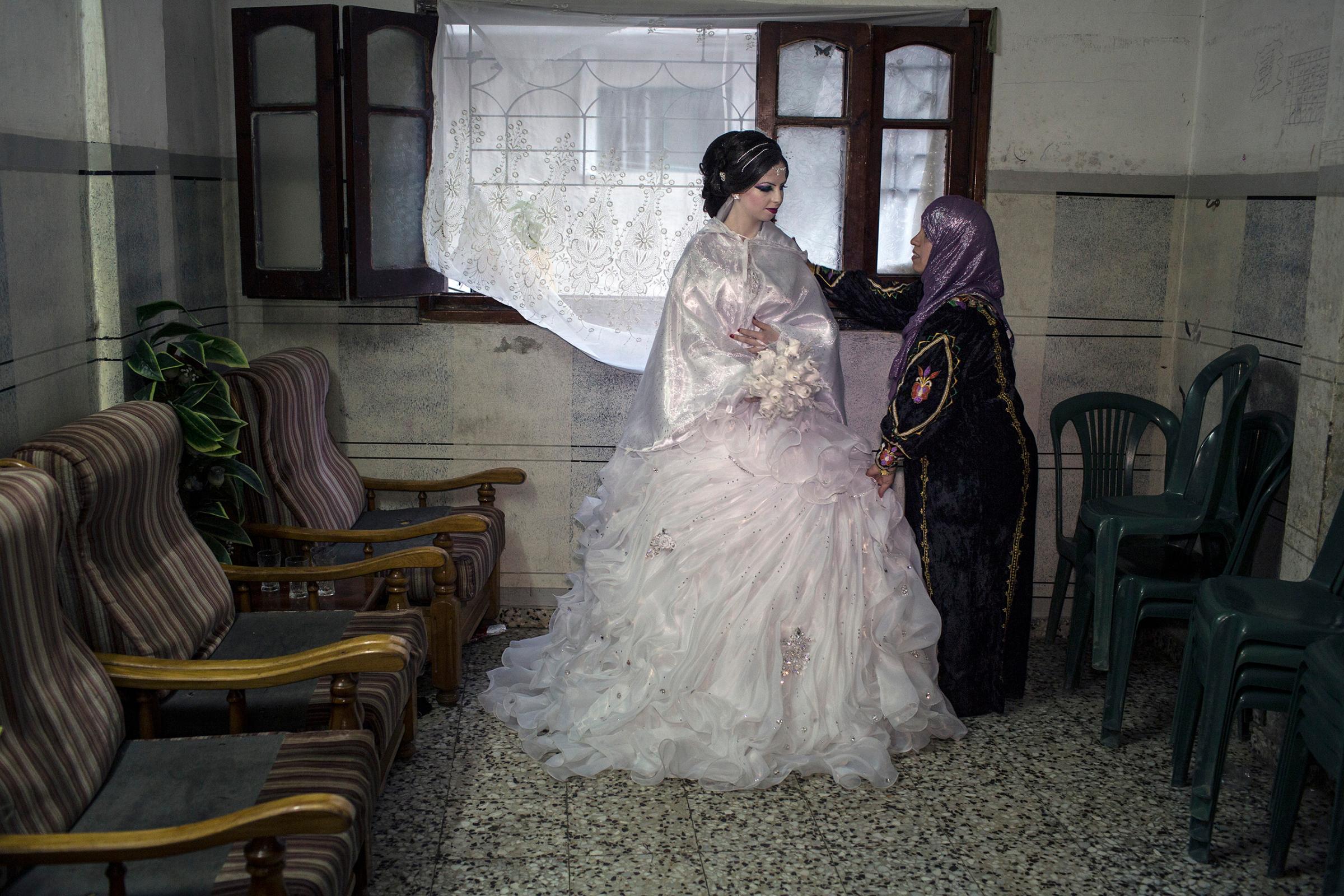
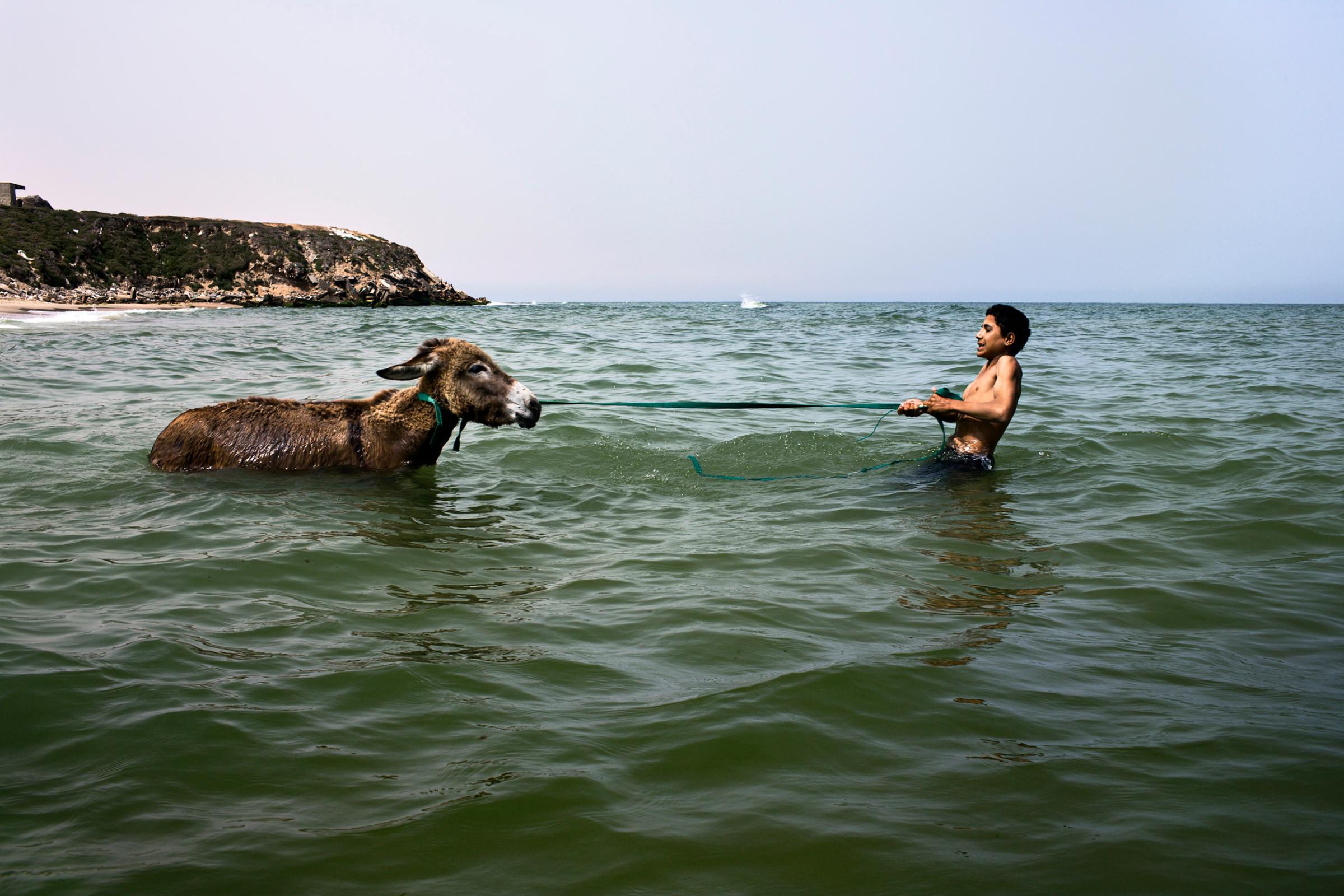
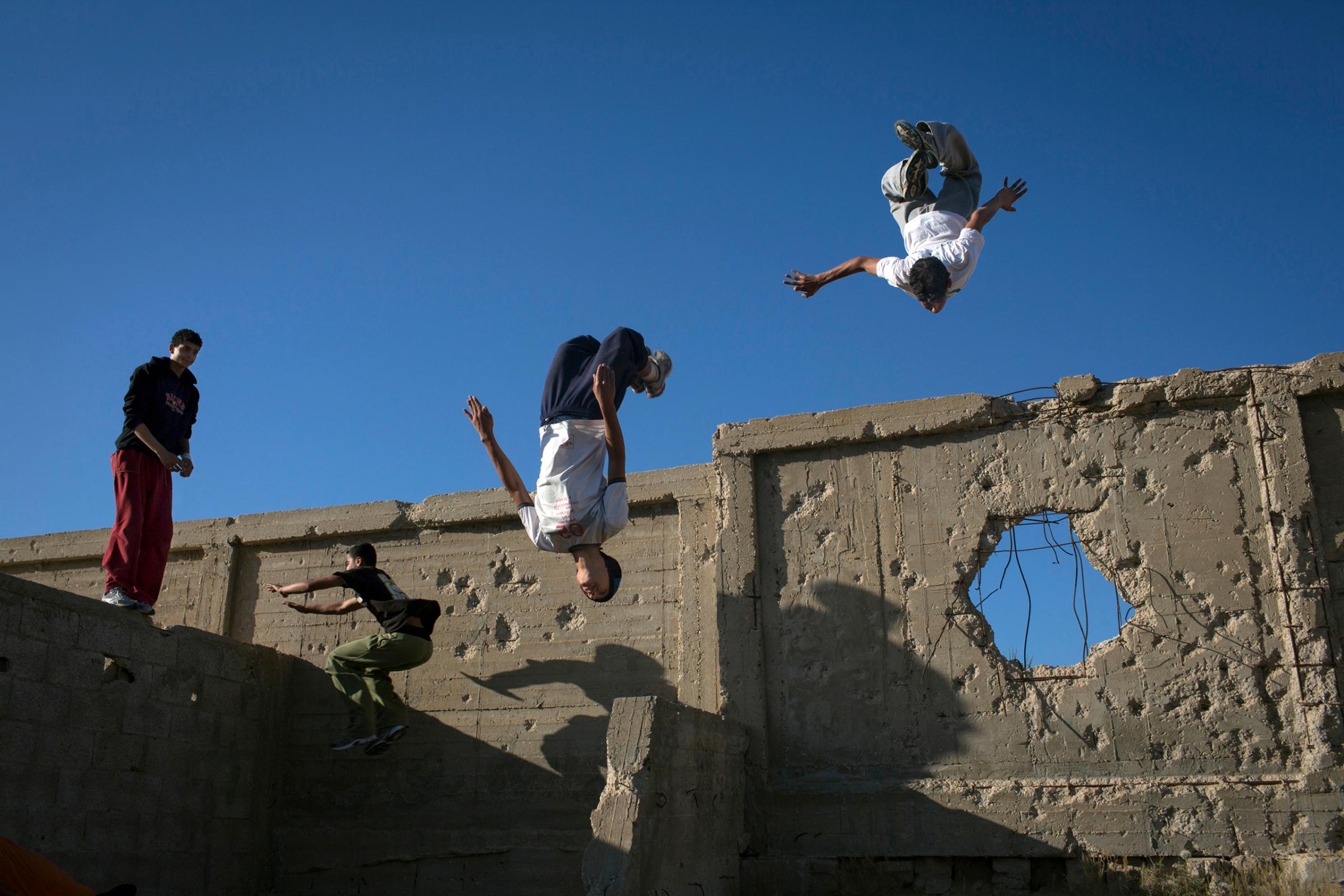
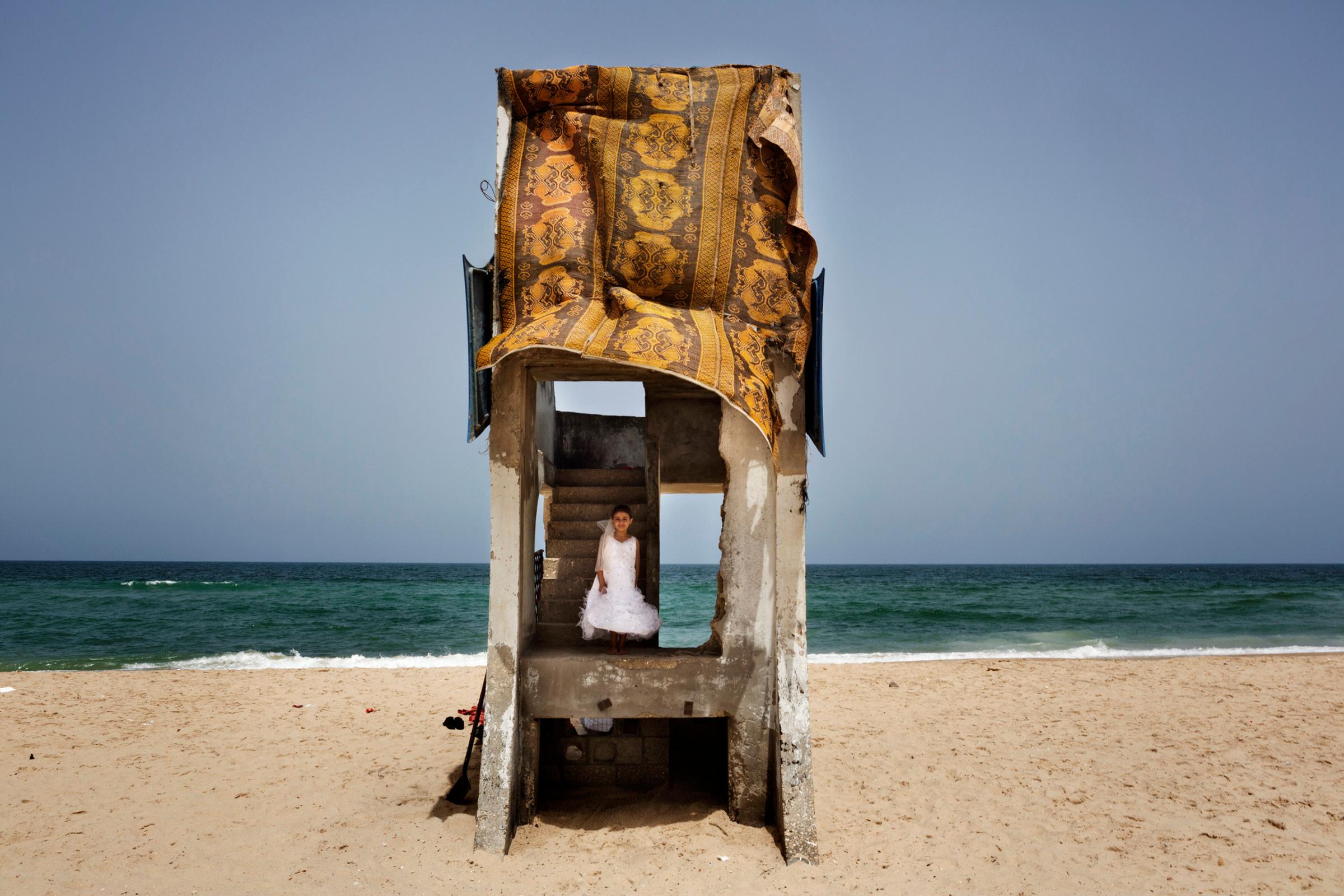
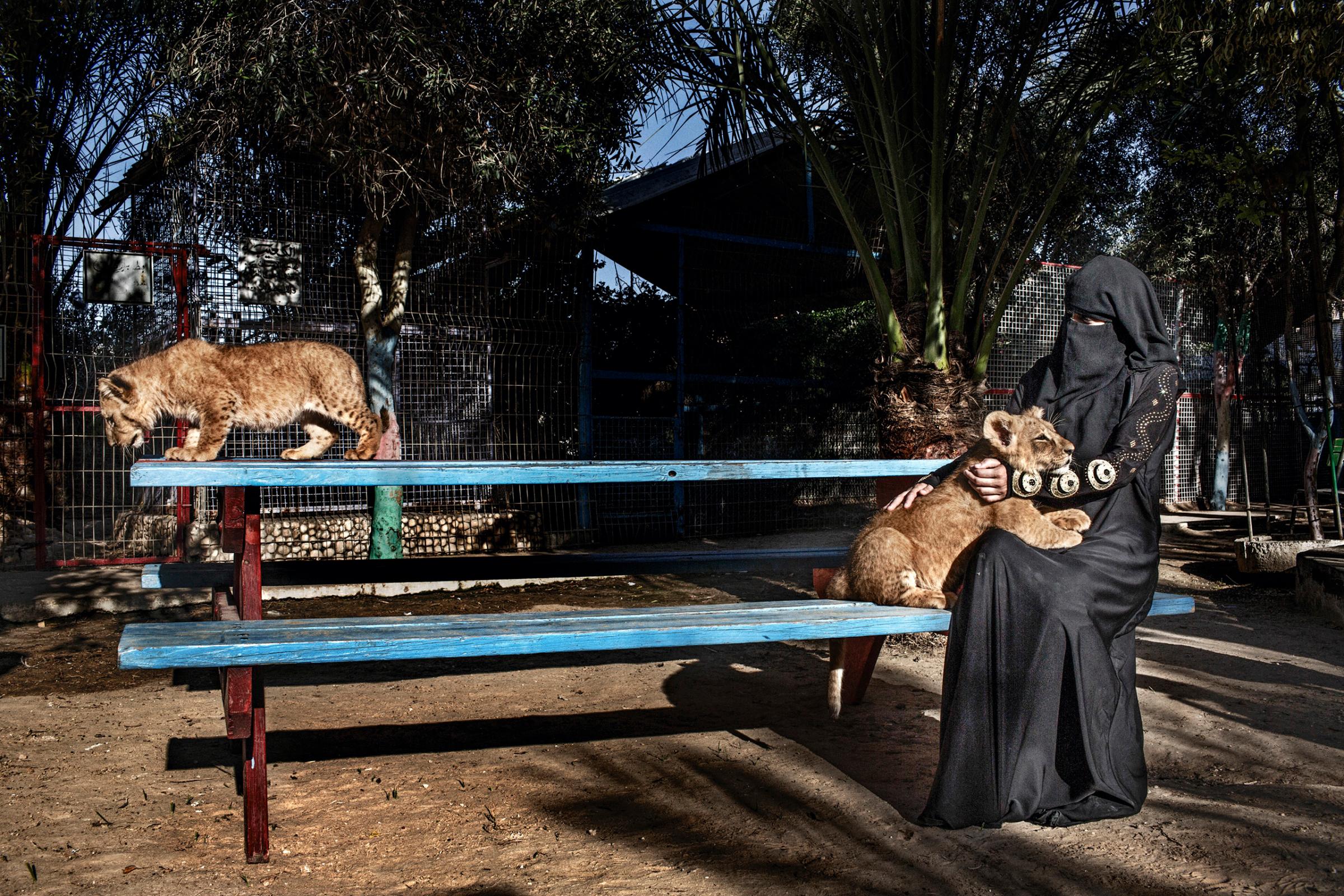
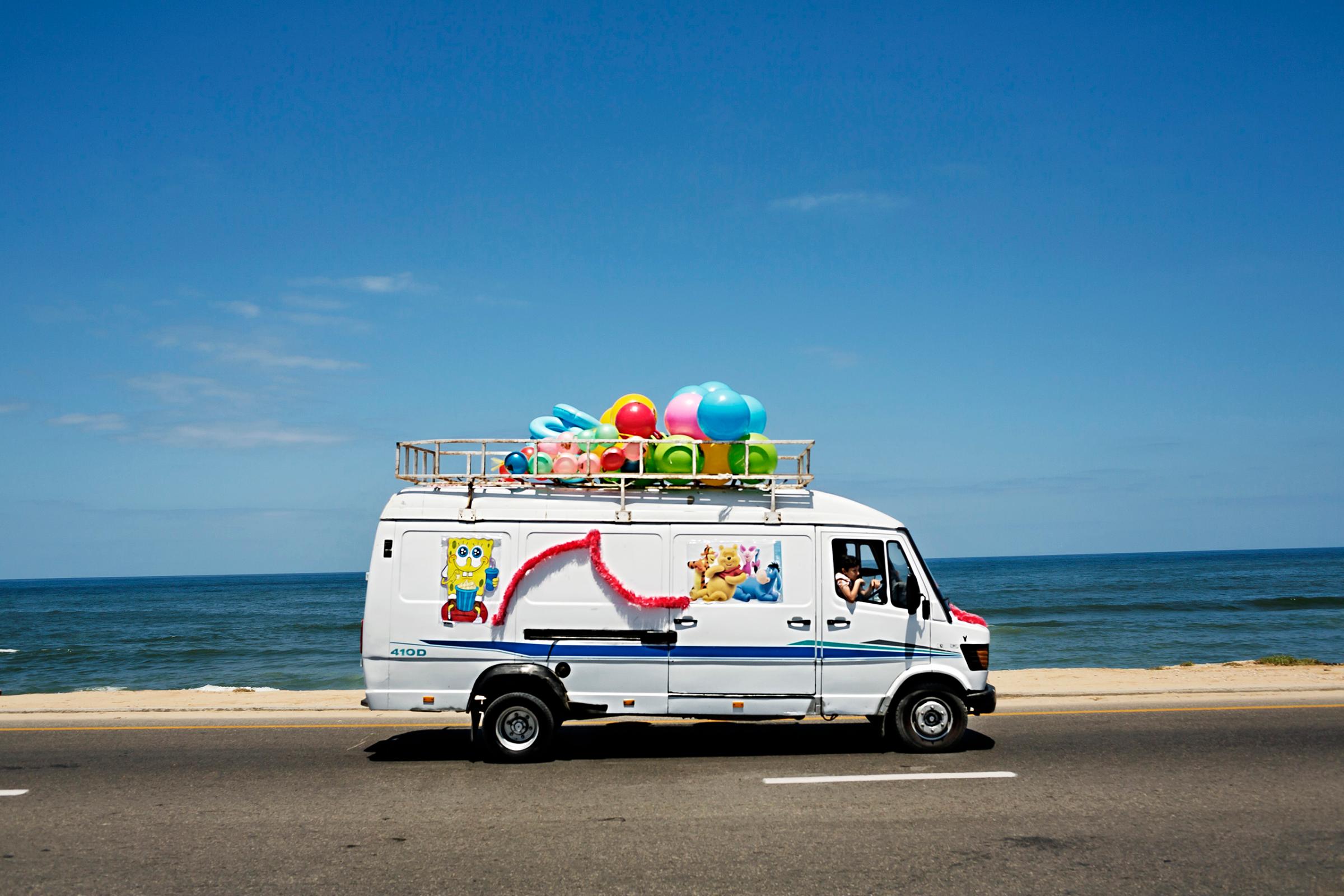
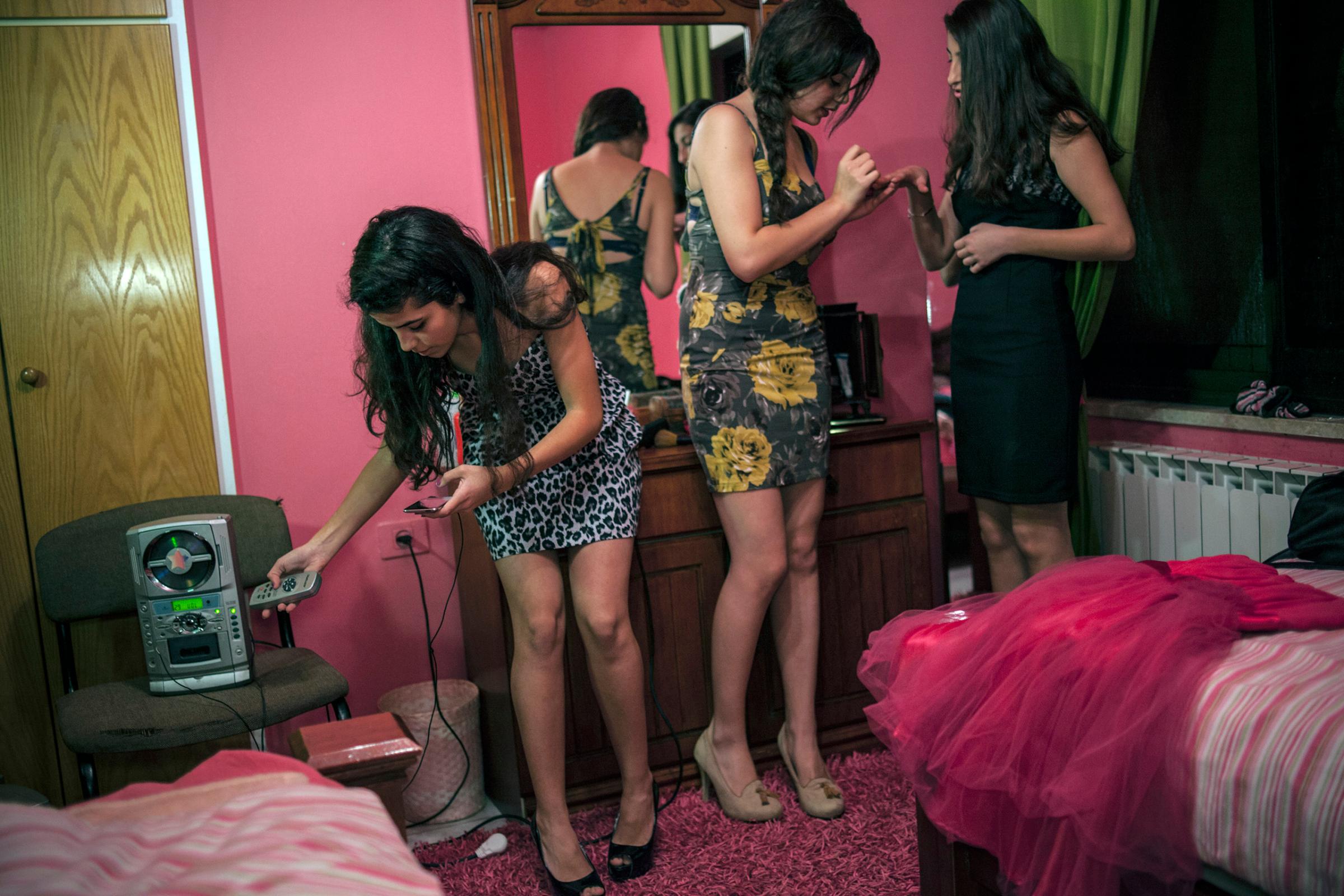
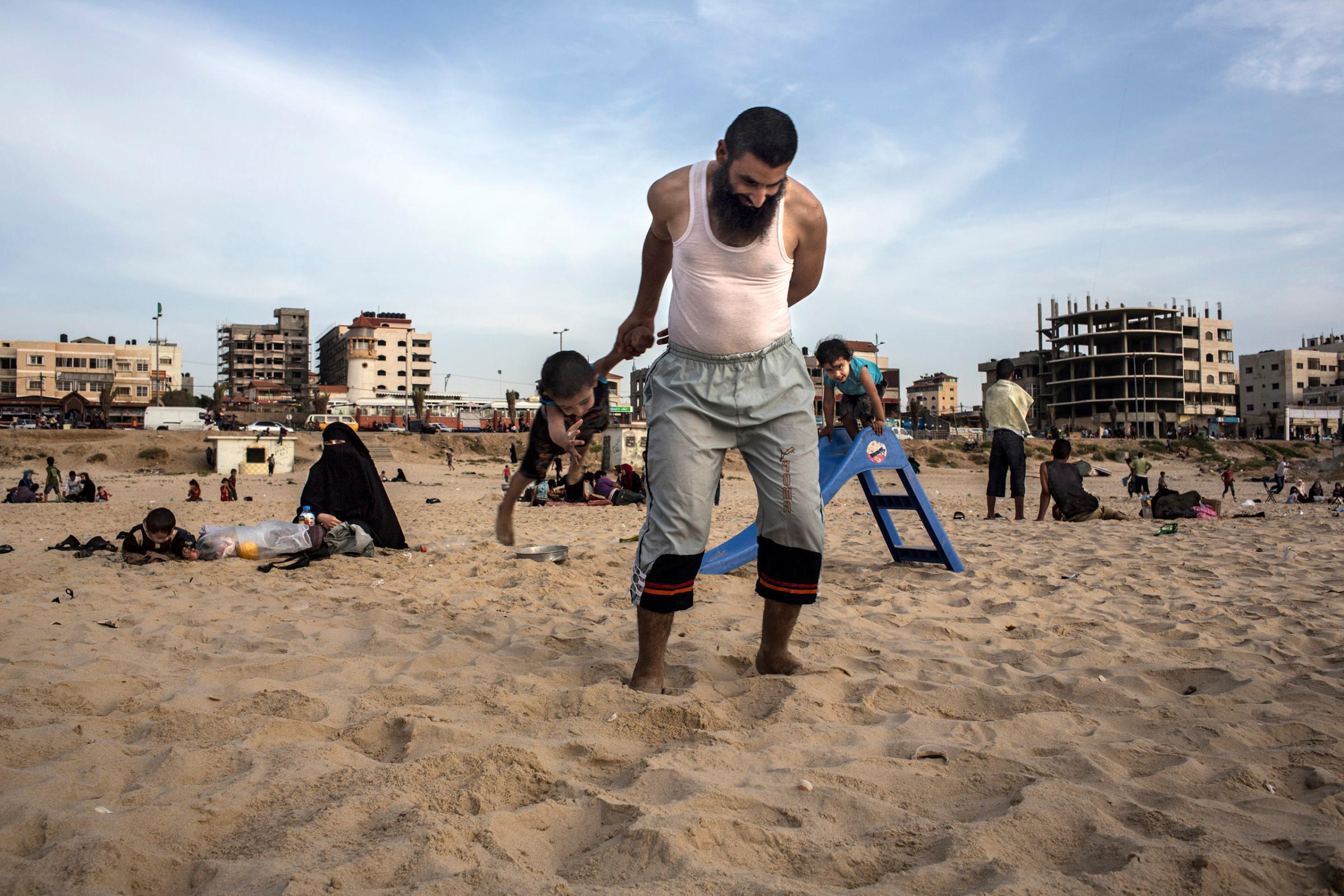
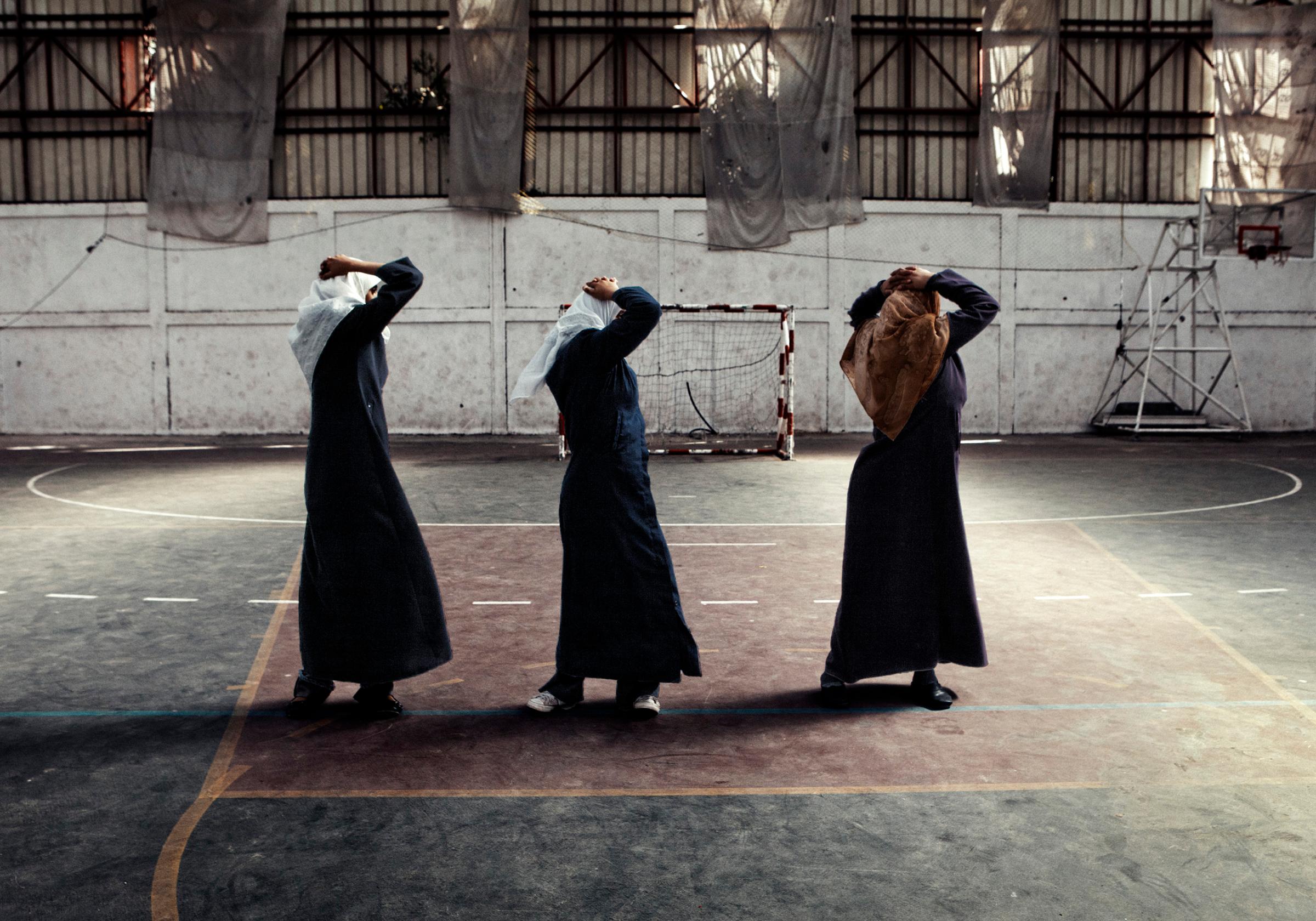
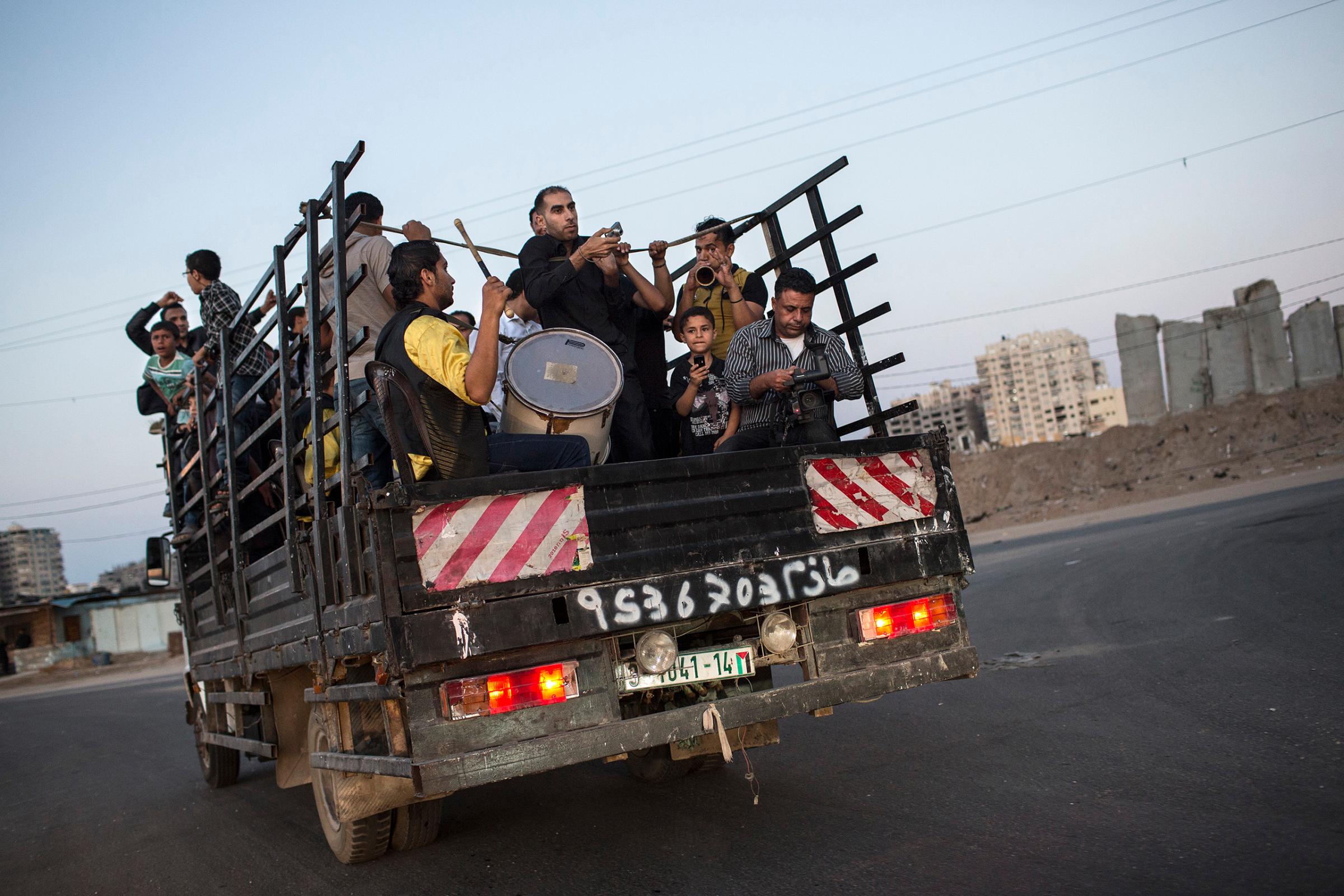
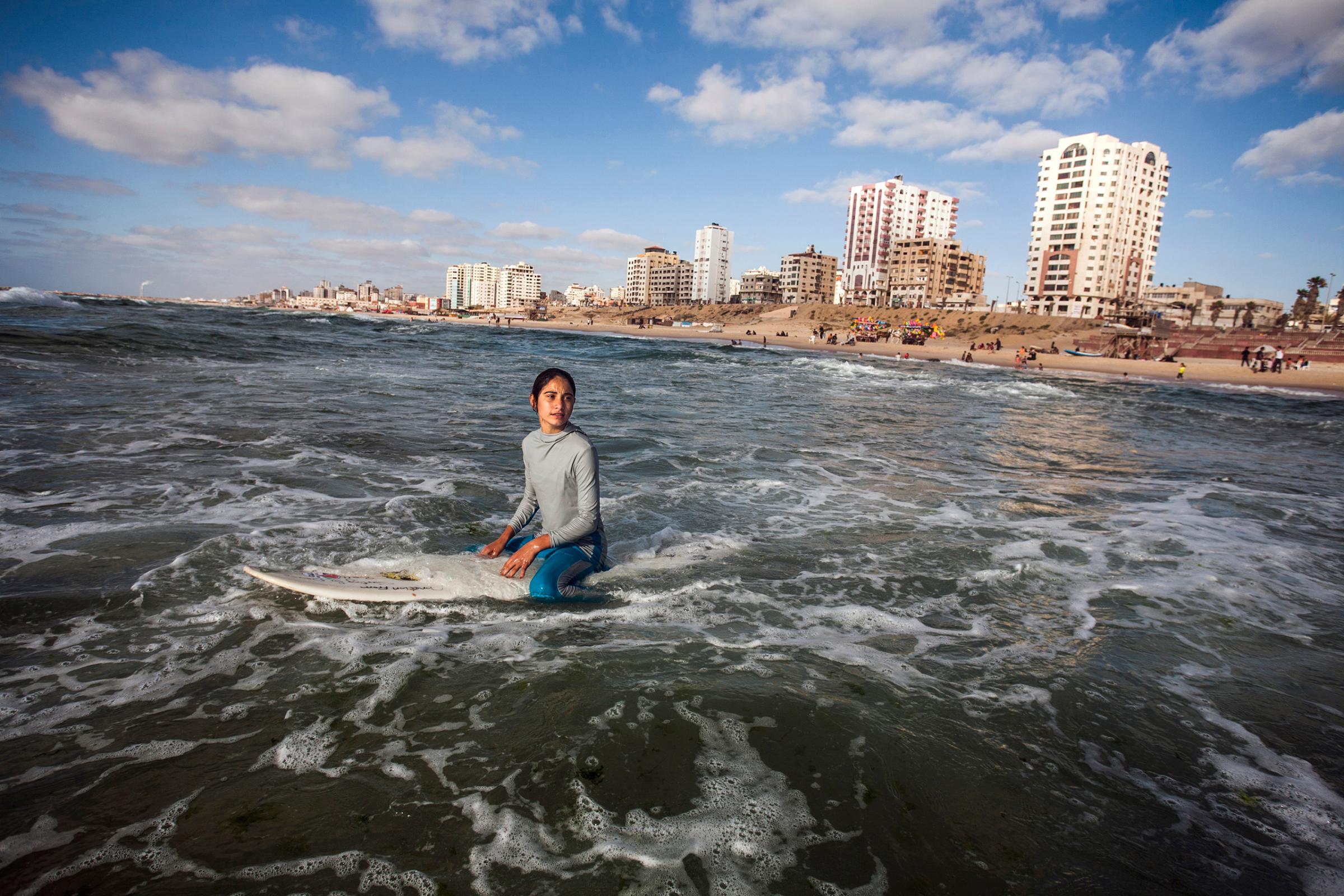
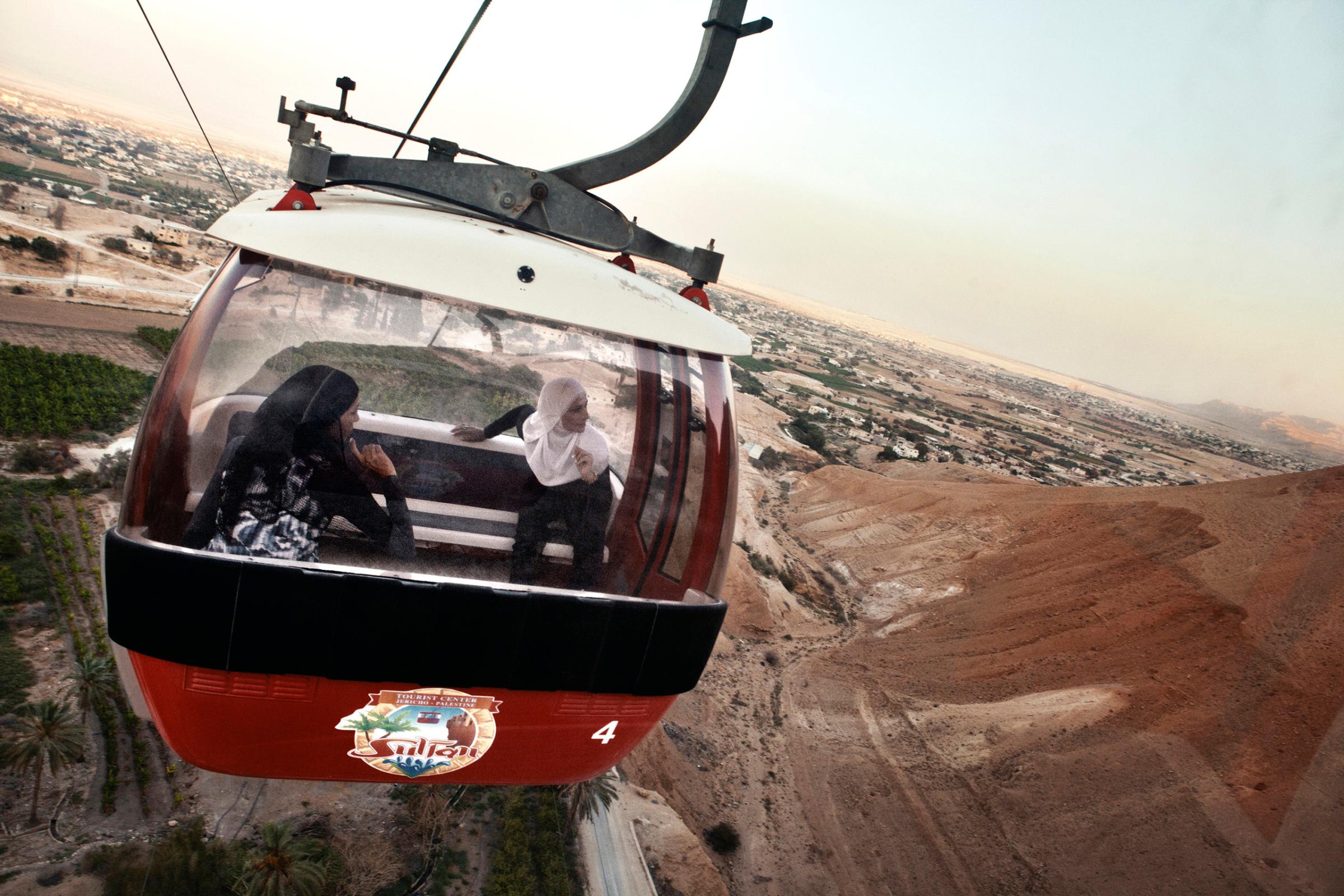
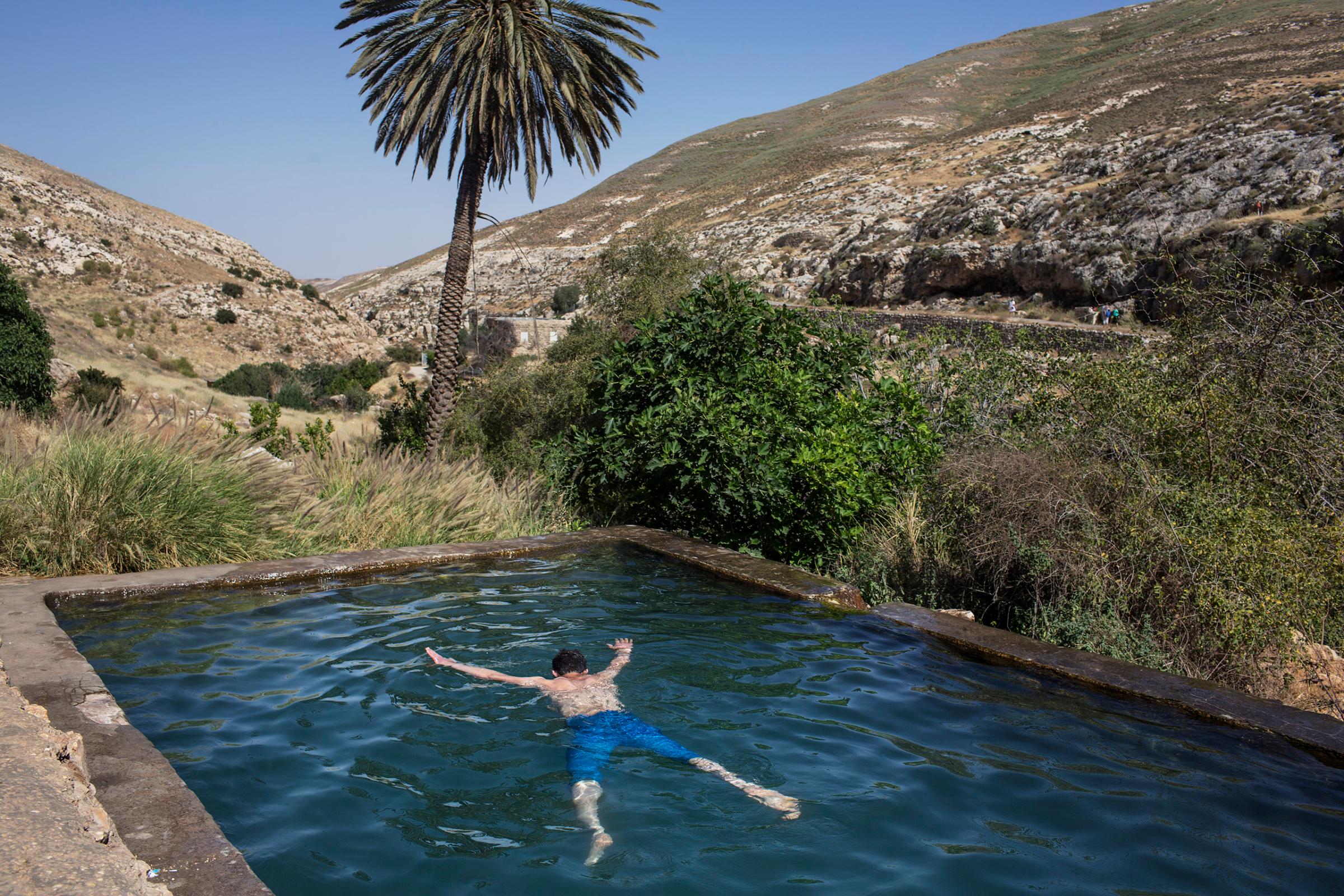
More Must-Reads from TIME
- Donald Trump Is TIME's 2024 Person of the Year
- Why We Chose Trump as Person of the Year
- Is Intermittent Fasting Good or Bad for You?
- The 100 Must-Read Books of 2024
- The 20 Best Christmas TV Episodes
- Column: If Optimism Feels Ridiculous Now, Try Hope
- The Future of Climate Action Is Trade Policy
- Merle Bombardieri Is Helping People Make the Baby Decision
Contact us at letters@time.com